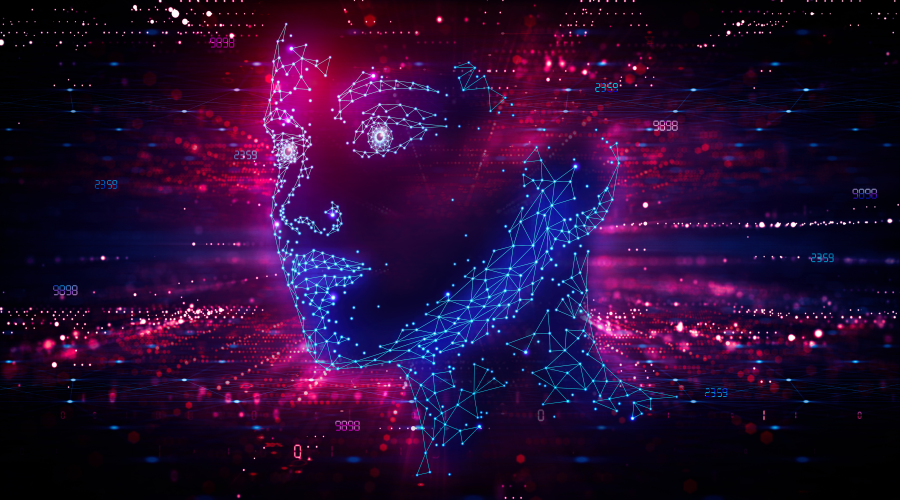
Doellgast Research Offers Insight into AI Protections for Workers
As artificial intelligence takes on a larger role in monitoring employees and automating management decisions, Virginia Doellgast offers examples from Germany and Norway showing how worker representatives have been able to mobilize collective voice to protect worker privacy.
“Legal rights are crucial to make sure workers have a say in how technologies are used in the workplace,” said Doellgast, the ILR School’s Anne Evans Estabrook Professor of Employment Relations and Dispute Resolution. “And there are different ways to get there, depending on the country.”
In “Negotiating limits on algorithmic management in digitalized services: cases from Germany and Norway,” Doellgast and her co-authors Ines Wagner and Sean O’Brady study union and works council responses to algorithmic management in call centers from two similar telecommunications companies in Germany and Norway.
German works councils are led by elected employees who represent workers and work with management on key company decisions. The country also has strong codetermination rights – meaning that works councils and management must agree on certain policies, including how technologies are used to monitor worker performance.
In the German telecom case, the works council was able to structure agreements with management that provided a framework of rules around using digital and AI-based technologies. The agreements required management to consult with the works council before purchasing new technologies, commit to outlining the digitalization measures planned for the next two years, and to use AI to improve the working environment while also protecting worker privacy.
“Germany has strong legal consultation and codetermination rights on technology that now explicitly include AI. This is a tool that worker representatives can use to improve working conditions. But it can also benefit companies through upgrading worker skills and encouraging smarter investments that improve efficiency and customer service,” Doellgast said. “Worker voice is crucial to maximize mutual gains from AI investments because often employees know a lot about the problems with technologies, and they have ideas about how to use AI as a real tool to improve the work that they do.”
Norway also has strong unions and legal rights for workers, including data protection laws, which can be tools to negotiate how AI and algorithmic management are used in the workplace.
In the Norway telecom case, the researchers pointed to a pair of incidents – management using new AI-enabled software that entrenched new forms of employee surveillance and the use of video monitoring that allowed management to record workers' computer screens. When the union and management were unable to compromise, the union turned to the Norwegian Data Protection Authority, which ruled that the monitoring system violated the law.
“The Norwegian case shows that data protection laws can be a useful backup when collective bargaining breaks down,” Doellgast said. “In this case, it gave the union leverage to bring management back to the negotiating table.”
In both telecom companies, union representatives or work councilors used collective voice to protect employee interests as new technologies were adopted. They differ, however, in how the unions drew on institutional power.
“Both Germany and Norway have their advantages and disadvantages from a worker voice perspective,” Doellgast said. “In Germany, work councils used their strong legal rights to negotiate these creative solutions and to establish an agreement that created some security for the workers. In Norway, it doesn’t seem quite as efficient for the unions to have to go to the Data Protection Authority. But the reality is that those laws in Norway cover all workers, while in Germany there are many more workers who are not covered by collective agreements or that have weaker worker councils.”
While both systems have their weaknesses, they give workers much stronger rights to shape decisions around how AI-based technologies are used compared to the U.S. Findings from this study should help to inform efforts to strengthen laws and collective bargaining institutions, with the aim of developing fairer and more productive applications of AI-based technologies in the workplace.